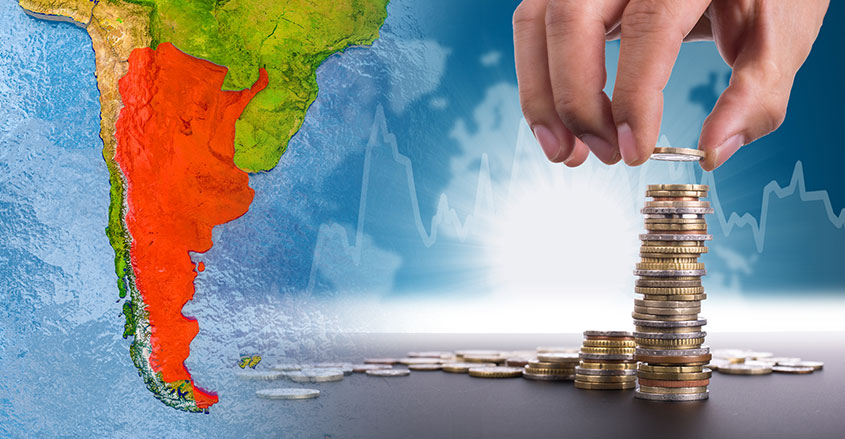Global financial analysts are advising enterprising investors to consider investing in burgeoning frontier markets via exchange traded funds (ETFs), bonds and to a lesser degree, mutual funds.
Financial analyst David Dali, a strategist for Matthews Asia, said that investors who take strategic advantage of frontier markets right now are primed to profit in the future.
“These frontier markets are the next generation of economic leaders,” Dali says.
“Frontier markets may be small, but the prospects for growth are not.”
Developing countries that eventually become emerging countries can offer globally appreciated goods in the future that will make prior strategic investments extremely financially worthwhile.
Such countries are industrially growing at a rapid rate, overtaking emerging countries on the financial world stage and are ripe for strategic investment profiting in the long-term.
Examples of such frontier market countries include Argentina, Bangladesh, Cambodia, Cyprus, Egypt Kenya, Jordan, Kuwait, Nigeria, Saudi Arabia, Sri Lanka, Tanzania, Ukraine and many others.
Frontier countries usually only have one commodity or investible industry.
For example, Middle East countries such as Kuwait usually only have oil and energy sources available as primary investments. Kenya and Tanzania have vast stores of copper commodities.
Investing in frontier countries obviously has risks. Such countries are often politically unstable, have a rudimentary societal infrastructure.
Investors may want to less their direct exposure to those risks via diversification. That is why investment via ETFs or mutual funds is recommended.
The financial investment market cap for securities on a global scale is over 90% for Western countries, almost 9% for emerging countries and a mere 0.3% for frontier market countries, according to by research conducted by FTSE authorities.
Slowing growth
Emerging country growth has slowed down appreciably as infrastructure grows and they adapt to global business. As the business world gets smaller and smaller in the digital age, that leaves a lot of room for growth in frontier markets instead.
There are three major financial investment index providers that can help investors determine which frontier markets are worth their time and investment.
The S&P 500/Dow Jones has 35 frontier markets listed in its index. The FTSE/Russell has 26 frontier markets listed.
The MSCI has about 26 frontier markets listed. The frontier market countries listed represent varied continental regions like Africa, Asia, Europe, the Middle East and South America.
There may be future volatility as frontier markets grow and expand on the financial world stage. Investing directly in frontier markets should be delayed until more is learned via visits or direct broker advice.
Investing via ETFs or mutual funds is a much safer bet. Invest carefully with a long-term investment strategy. Consider how your frontier market investments will appreciate and perform a decade or two in the long-term in the financial long-term view.


